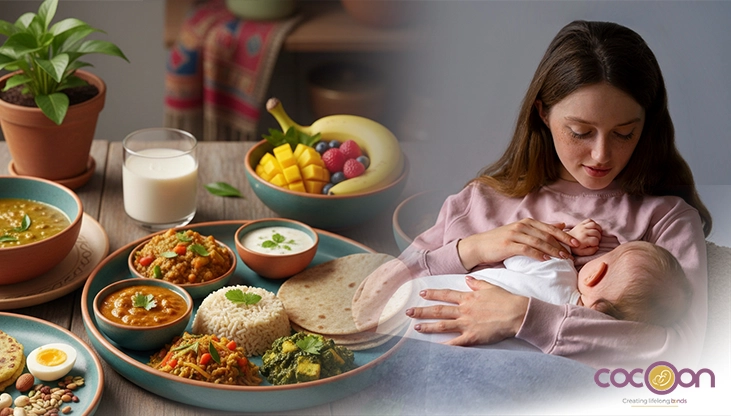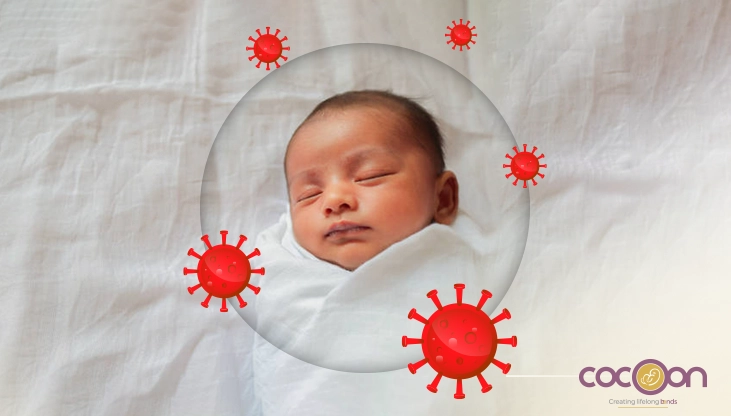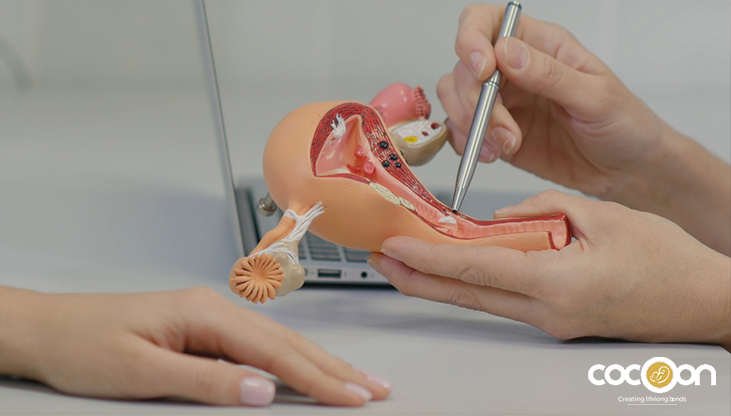Introduction
Pregnancy is often portrayed as a magical journey—glowing skin, joyful anticipation, tiny kicks, baby showers, and decorating the nursery. But behind the smiles and sweet moments lies a side of pregnancy that isn’t talked about enough: the emotional ups and downs that many women quietly face.
Tears for no reason, sudden mood swings, unexpected fears, feelings of guilt or sadness—these are all more common than you might think.
If you're feeling overwhelmed or emotionally off balance, know this: you're not alone. It's time to break the silence and talk openly about the real, raw emotions of pregnancy.
Why Do Emotions Run High During Pregnancy?
Pregnancy involves enormous changes – not only to your body, but also to your brain and your emotions. One day you may be on top of the world, while the next you're sobbing over a dropped cup of tea. This rollercoaster of emotions isn't your doing. It's usually the consequence of:
- Hormonal changes: Increased levels of estrogen and progesterone during pregnancy, altering neurotransmitters in the brain that regulate mood.
- Physical discomfort: Nausea during morning sickness, tiredness, back pain, and issues sleeping can take an emotional toll.
- Mental load: Worrying about labor, parenthood, money, bodily changes, and upcoming responsibilities can create tension and anxiety.
- Social changes: Your relationships, habits, and sense of identity could all feel like they are changing, and this can be stressful.
All of these issues coalesce to make for a volatile emotional ride.
Mood Swings During Pregnancy: What's Normal?
Pregnancy mood swings are very common, particularly during the first and third trimester. You might find that you change instantly—the way you feel one moment is exactly how you feel in another. You might find that you feel more sensitive than normal, cry over nothing, or feel annoyed more easily.
Some typical emotional patterns are:
- Having a positive or hopeful feeling, then feeling anxious or fearful all of a sudden
- Laughing when something is joyful, then bursting into tears for no apparent reason
- Feeling irritated or angry at your partner or family members without fully understanding why
- Worrying constantly about your baby’s health or your ability to be a good parent
These emotional swings can feel confusing, especially if you’re used to being emotionally steady. But they are often a normal part of the pregnancy journey.
Emotions No One Talks About
Beyond mood swings, many pregnant women experience emotions that they are afraid to admit, even to themselves. These feelings can include:
1. Guilt for Not Feeling “Happy” Enough
Society expects pregnant women to feel happy and grateful all the time. But what if you’re not? What if you’re struggling or just not excited yet?
Most women feel guilty for not being euphoric at all times. They might say to themselves, "So many folks have trouble conceiving, and I should be grateful." This guilt can develop into emotional repression, which makes it worse.
Reality check: It's acceptable to experience conflicting emotions. Pregnancy is a significant life transition. You can be thankful and dazed simultaneously.
2. Fear of the Unknown
New mothers worry a great deal about motherhood, labor, and delivery. You might lie awake at night wondering, "Will I be a good mom?" or "How will I endure the pain?"
Even veteran moms get nervous—particularly if they've had a tough previous pregnancy or childbirth.
3. Fear of Losing Your Identity
You. Might wonder if you'll still be "you" when you become a mother. Will you still have time for your hobbies, your job, your friends?
Pregnancy can also trigger anxiety about losing independence or being invisible in your own life story. Here are valid thoughts. That should help. Take the attention, not shame.
4. Resentment or Irritation
Some women resent their partner, particularly if they're not emotionally or physically invested in the pregnancy. You also might be annoyed with people who offer unsolicited advice, touch your belly without permission, or act differently towards you.
It is understandable to feel frustrated. Pregnancy impacts every aspect of your life, and not everyone appreciates what you're dealing with.
5. Mom Guilt Before the Baby Arrives
To your surprise, "mom guilt" can start well before giving birth. You may feel guilty about consuming the wrong thing to eat, skipping a prenatal class, or failing to connect immediately with the baby on the ultrasounds.
Keep in mind, there is no perfect pregnancy—or perfect mom.
Mental Health During Pregnancy: Let's Talk About It
Pregnancy may also impact your mental well-being. Although some emotional shifts occur, it is crucial to note when they exceed typical mood swings.
Mental health concerns during pregnancy include:
Prenatal Depression
Some women feel unending sadness, hopelessness, or lack of interest in things they generally have an affinity for. This isn't a matter of feeling blue at times—it's a persistent low mood that may make everyday tasks difficult.
Pregnancy Anxiety
You might be worrying too much about your baby's well-being, giving birth, or being a parent. If the worry becomes persistent or begins to interfere with your sleep and concentration, professional help may be necessary.
Obsessive Thoughts
Scary thoughts during pregnancy are not unusual—such as imagining something going wrong with your baby. If they become disturbing or intrusive, you're not alone and there's assistance to be found.
When Should You Seek Help?
Here are some signs that your emotional struggles during pregnancy may need extra support:
- You feel sad or anxious most days
- You’re having trouble eating or sleeping
- You feel detached from the pregnancy or baby
- You’re withdrawing from loved ones
- You have frequent crying spells
- You’re having thoughts of self-harm or harming others
Getting help isn't a weakness—it's moving towards healing and health. Many women feel this way, and mental health professionals have training to help pregnant women without judgment.
Tips to Deal with Emotional Changes While Pregnant
Whether you're experiencing mood swings or more severe emotional difficulties, there are things you can do to feel more centered and cared for.
1. Discuss Your Feelings
Open up to someone you trust—your partner, a friend, your doctor, or a therapist. Talking things out can ease emotional tension and help you feel less alone.
2. Build a Support System
Surround yourself with people who uplift and support you. This could be family, friends or even online communities of pregnant women going through similar experiences.
3. Prioritize Sleep and Rest
Fatigue makes emotions more intense. Sleep soundly and nap when necessary. Rest is an intense emotional reset.
4. Practice Gentle Self-Care
Take time to pamper yourself—be it soaking in a relaxing tub of warm water, reading a beloved book, taking a nature walk, or doing prenatal yoga. Small bits of self-care can lift your mood.
5. Set Realistic Expectations
You don't have to get it all perfect. It's fine to slow down, ask questions, and say no to added stress.
6. Stay Active (After Consulting with Doctor )
Exercise releases feelings of well-being and eases anxiety. Walking, swimming, or prenatal stretching can all level out your moods.
7. Avoid Information Overload
Too much advice—particularly online—can cause stress and comparison. Always consult with your doctor regarding anything related to your pregnancy that causes stress to you.
Conclusion
Pregnancy is a lovely journey—but it's not always a walk in the park. Behind the radiant photos and baby bump selfies, many women are silently wrestling with emotional shifts, mood swings, and mental health issues.
Let's make these feelings normal and talk openly about them.
If you're an emotional mess during pregnancy, understand that you're not broken. You're human. Your emotions are real. You're deserving of kindness, rest, and support—especially from yourself.
Break the silence. Let's speak about what pregnancy actually feels like. Because when we talk, we heal—not just us, but each other.

















